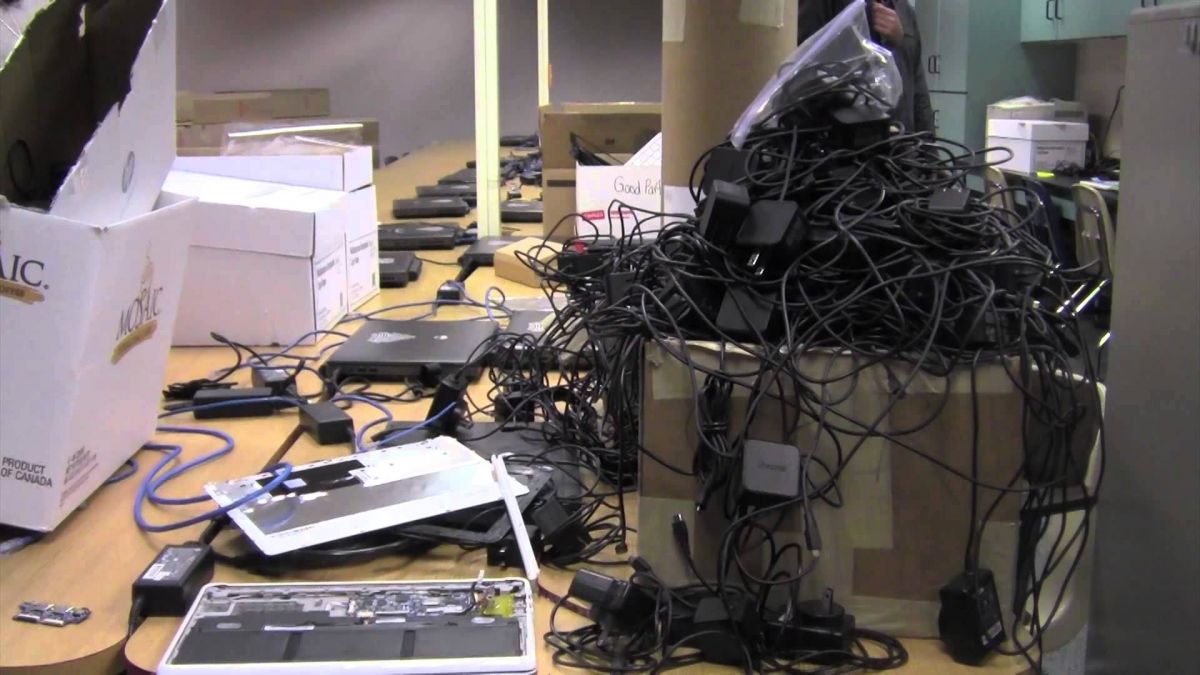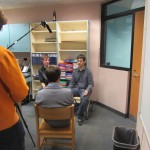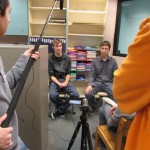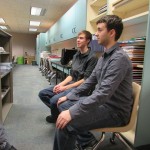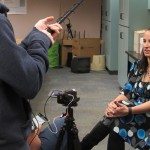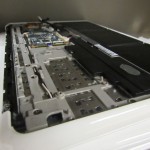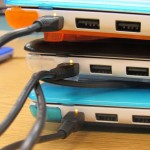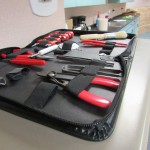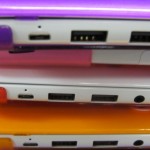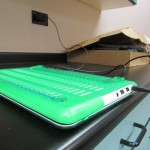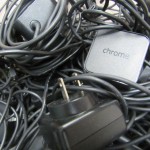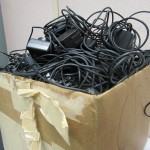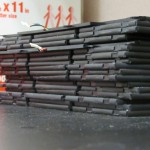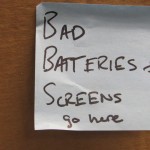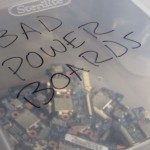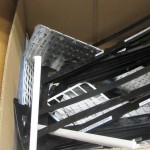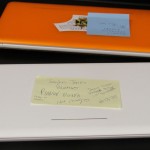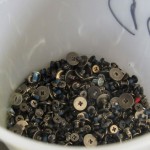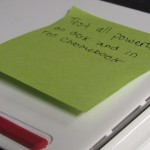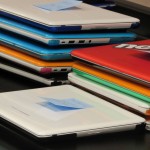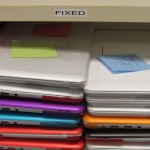During the 2013-2014 school year, Penn announced that every student would receive an HP Chromebook for use during the school days starting in August 2014. Since it’s debut, Chromebooks have changed the way teachers & students interact and complete classwork & homework through the one-on-one movement. This also gives students options for downtime such as Netflix, Facebook, and Twitter. regardless, these Chromebooks are being utilized to their full capacity.
However, as we’ve learned through the major movements in technology, there are viruses that affect our work, malfunctions through usage and wear, and maltreatment of the Chromebooks. Since these devices have to last the student body for another 3 years, we need experts to diagnose and fix our problems with these devices. This is where Penn’s CSI team steps in.
The internship based class specializes in repairing broken and damaged student chromebooks, along with giving advice to those who need it.
The top three problems regarding our Chromebooks, as said by senior intern, Matt Kramer, are,”Chargers,charging ports for the chargers,and screens..” Believe it or not, when you toss your bookbag around, regardless if the charger is in the port or not, this could cause significant damage to your chromebook, especially the screen.
“The screens are very sensitive so people shatter them, crack them…”, says Kramer. By being more cautious with how we handle these devices, we could decrease the number of damaged Chromebooks by a significant amount.
Other problems the interns are encountering are the motherboards. This process takes much longer than repairing a screen or recieving a new charger. This requires a long diagnostic process, which could take days or even weeks to get down to the real problem. With this, the interns and IT supervisor, Mr. Price, issue the students a new Chromebook and in some cases, has to send the damaged devices to the HP company.
“We use a system called Spiceworks that allowsus to create a ticket for each student that comes in anddescribe it in as much detail as needed”, says Price. Not only does this system create an easy way to help diagnose the problems, but also, “gives pointers to our interns for future issues with the Chromebooks.”
These problems aren’t cheap. “Chargers can be replaced under the warranty if they aren’t working, but if there are obvious wires showing or if the charger is bent, students need to purchase a new charger.”, says senior intern Zac Calhoun. This also applies to students who purchased insurance at the beginning of the year: only some things are covered under the insurance.
Not only are these problems costly, but they affect the work done in classrooms. Ms. Foray, one of the intern supervisors, reminds us that there are not enough loner Chromebooks to hand out for every problem. “It’s a learning experience for all of us.”, Foray says, “It’s hard to fix all Chromebooks that come in when there are only one to two interns per block.”
Another intern supervisor, Mrs. Lines, elaborates on Foray’s words of this being a learning experience. “Kids like technology…being able to give students the technology to show them how to use technology in an educational setting is important as well.” Not only are teachers learning how to handle this change, but student are also learning how to use technology in more ways than recreational use.
Our Chromebooks need to last 3 years. Penn CSI interns believe that these will last the full amount of time. However, we need the cooperation of everyone to make this process run smoothly. Whether its new interns to replace the graduating interns, or its students taking care and being aware of how they treat their Chromebooks, everyone at Penn High School can begin to make a difference in our progression to a more technological and convenient way of learning.
Penn CSI may be our technology heroes, but how will YOU make a difference?
——————————————————————————–
Update: Since the writing of this story, Intern supervisor, Ms. Foray, has informed us that the organization of the office has undergone change and the interns are hard at work. The number of Chromebooks needed to be fixed has been reduced to approximately 50 Chromebooks, chargers have been removed from the office and problems have been simple and quick to fix.

